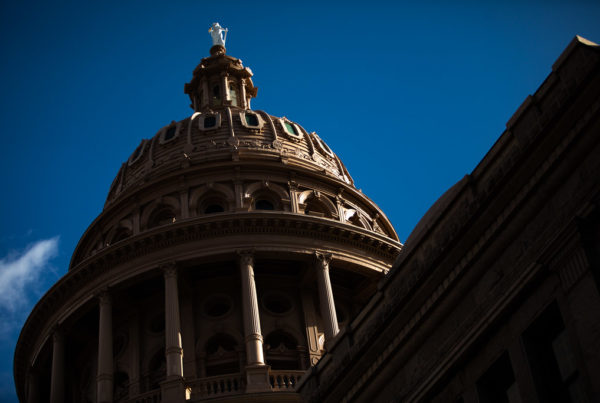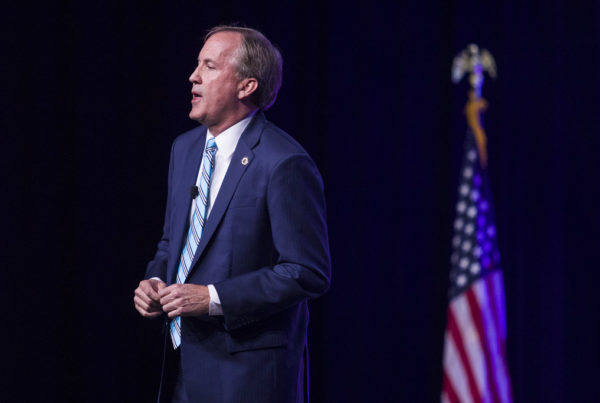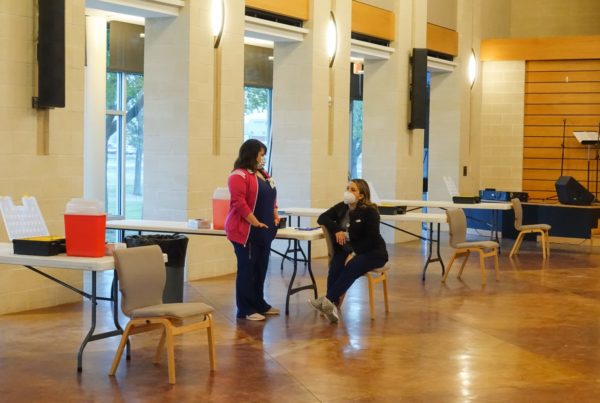Students of all ages have adjusted to taking classes during the pandemic. For many, it’s meant more classes online. But some are wondering whether the protections put in place to keep students and teachers healthy have also made it easier for students to cheat.
Over a Zoom call, one University of Houston student says that during the pandemic, he felt especially overwhelmed with homework. So he and some classmates worked together to divvy up the work.
“I had three other people with me and we divided and conquered. So the easiest thing to do. Just copy. Put it directly to google,” he said.
But then, the student, who understandably asked us to not use his name, said they also started sharing answers as they took tests. He says they felt like it was kind of justified, because during the pandemic they’d gotten less help from their professors.
“It’s very, very overwhelming. from the general consensus in the group chats I’m in everyone is lost,” he said. “No one has an idea what is going on.”
He’s not the only student who’s cut corners.
Houston Baptist University, the University of Houston and the University of Houston Downtown say they saw an increase in academic dishonesty cases during the transition to online learning during the pandemic.
But these schools also told us that these numbers might be due to the increase in monitoring by their institution.
“So it’s not that more cheating has occurred it’s just that more of it is being reported,” said Camilla Roberts, who is with the International Center for Academic Integrity.
She says, because of this move to online learning, it’s actually easier for professors to catch students when they’re working together and teachers are more vigilant than they were before.
If some students rationalize their cheating as a response to the challenges of the pandemic, U of H Downtown psychology professor Susan Henney understands.
“It is the pandemic. But it’s not – they were always stressed,” Henney said. “It’s just the pandemic has brought it to where it is more visible.”
She says students stressed about exams before, but this was what she calls a “good” kind of stress. It helps them perform better during the exam and then it’s over.
The pandemic, on the other hand, added “bad” stress, that’s affecting their personal, educational and social lives.
She says bad stress is caused by uncertainty and doesn’t have an expiration date. It can make students who wouldn’t normally cheat, consider an easier route.
“They’re not endemic cheaters, meaning it’s not part of their personality,” she says. “They’re situational cheaters meaning when they run out of time they cheat.”
The pandemic has added that bad stress to a population that’s already struggling. Research shows students 18-25 are among the most stressed adults in the U.S.














